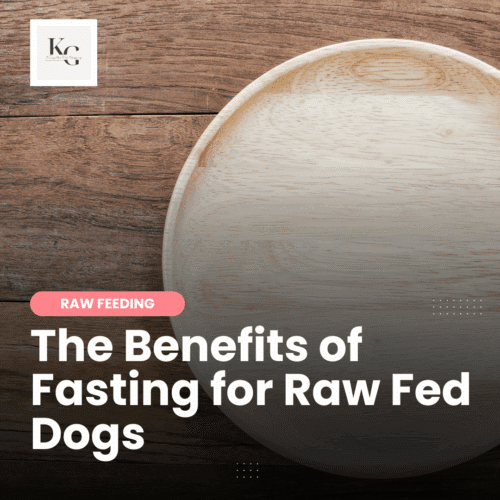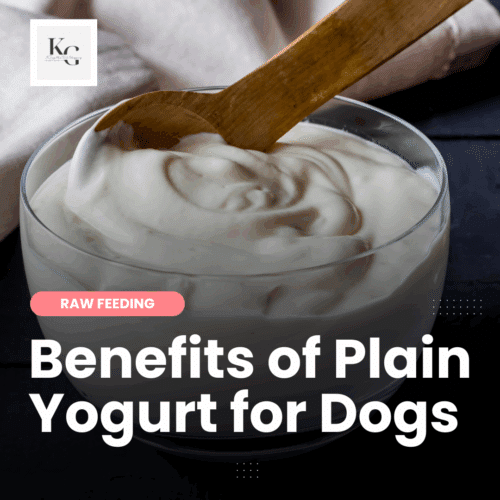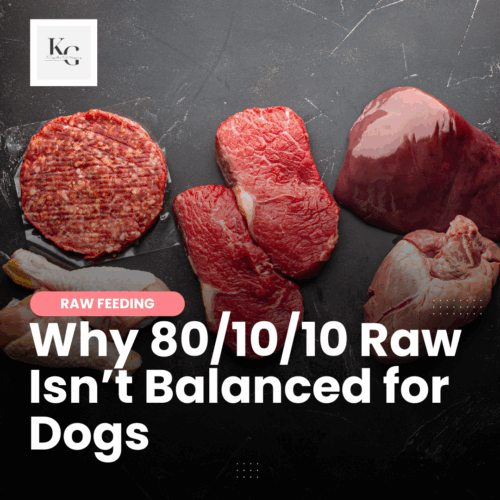Keep the Tail Wagging is supported by pet parents. I occasionally earn a commission (at no additional cost to you) when you click through an affiliate link to one of my favorite products. Thank you for your support. Read More
My first introduction to hunger pukes had me racing to the veterinarian with my dog. Every morning, she'd vomit up yellow bile, and I was convinced she'd been exposed to a toxin. It was hunger pukes.
What is Hunger Pukes?
Hunger pukes, also known as canine bilious vomiting syndrome, refer to a condition in dogs where they expel yellow fluid (bile) or froth from their stomach early in the morning after a prolonged period without food. This occurrence typically happens due to an empty stomach for an extended duration. However, not every instance of a dog vomiting yellow bile is hunger pukes. In this article, I will explore the reasons beyond this condition and what dog owners can do to alleviate the symptoms at home.
Why Dogs Vomit Yellow Bile
Dogs can vomit yellow bile for several reasons, and it's essential to identify the underlying cause to determine the appropriate remedy. Here are some common causes and potential at-home treatments:
1 – A Dog's Stomach is Empty
As stated above, dogs may vomit bile if they have an empty stomach for an extended period. We often see this in the morning because of the extended overnight fast.
2 – Dietary Issues
Rapid changes in diet or the consumption of fatty foods can cause gastrointestinal upset. In my experience, dogs can tolerate changes in a raw diet, whereas rapid changes in a kibble diet result in digestive upset. However, I am careful about how much variety I add to my dog's diet, alternating DIY raw and cooked with a couple of commercial raw brands to avoid vomiting, loose stool, and diarrhea.
For some dogs, foods high in fat can cause issues. A raw food diet is naturally low in fat; however, there are fatty foods that I limit or avoid:
- when feeding canned sardines in olive oil, I drain the excess oil
- when making bone broth, I scrap off the fat that floats to the top after a batch cools
- when making DIY poultry blends, I trim excess skin and fat
3 – Inflammatory Bowel Disease (IBD)
Gastritis, gastroenteritis, or inflammatory bowel disease can cause bile vomiting. Although vomiting bile is generally identified as “hunger pukes,” it's always a good idea to rule out any other gastrointestinal issues with a veterinarian. Allowing these issues to persist can result in more serious health issues down the line.
4 – Eating Grass
It is not uncommon for dogs to eat grass without experiencing subsequent vomiting, and there are even dogs that never vomit after consuming grass. This suggests that there is likely no definitive correlation between these two activities. Certain dogs may vomit due to the unfamiliar texture or taste of the grass rather than any gastrointestinal issue.
5 – Acid Reflux
Just like humans, dogs can experience acid reflux, which can cause bile vomiting. Feeding your dog smaller, more frequent meals and elevating their food and water bowls may help alleviate this condition. There is some dispute on whether dogs should eat from the floor or a raised dish; I've fed large dogs from raised dishes for a decade without issue, but that doesn't mean this is appropriate for all dogs.
Acid reflux can also be treated with…
- pre and probiotics
- digestive enzymes
- slippery elm
- marshmallow root
- smaller, more frequent meals
- fresh ginger
Bilious Vomiting Syndrome
Some dogs have a condition called bilious vomiting syndrome, where the stomach produces too much bile, leading to vomiting. Feeding a small, easily digestible meal right before bedtime can help manage this condition.
Home Remedies for Hunger Pukes
In my experience, hunger pukes can be resolved by…
- feeding a fresh food diet on a consistent schedule
- adding digestive supplements to the diet to support gut health
- feeding smaller, more frequent meals or a small meal in the evening
These solutions are for healthy dogs that don't have any underlying health concerns. It's crucial to monitor your dog's symptoms and consult a veterinarian if vomiting persists, is accompanied by other concerning symptoms, or if your dog's overall condition deteriorates. The vet will provide a proper diagnosis and recommend appropriate treatment options for your dog's specific situation.







Dr Judy has recommended a ginger snap cookie before bed.